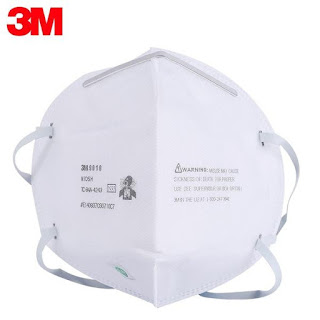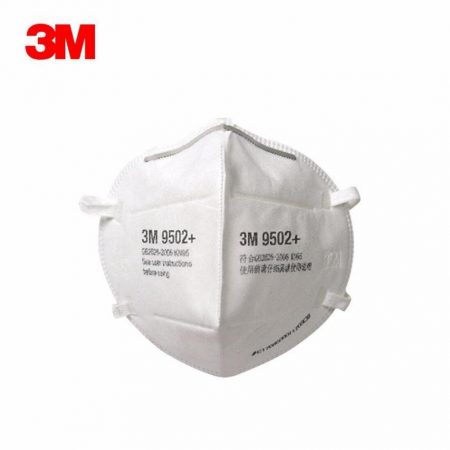What Makes Masks An Absolute Must Have For You
Dust, fumes from chemicals or gases, do not mix well with your health. Whether you are an occasional or experienced handyman, you must ensure that all the necessary security is implemented depending on the type and duration of the work you will have to do. All our advice for choosing a respiratory protection mask adapted to your needs.
When to use a respiratory protection mask?
A respiratory protection mask protects the respiratory tract from the inhalation of polluted air when carrying out work in a place where working conditions expose to dangerous surrounding factors such as dust, solvents, gases, contaminants.
Unless you are a professional requiring very specific protection, you will only need filter masks and not insulating masks.
A filter mask performs a function of filtering the ambient air through a filter or cartridge. It is your own breathing which provides the air necessary for filtration, which is why you must work in a perfectly ventilated room.
The filter masks disposable are classified into three categories according to their level of protection and their effectiveness:
FFP1 or P1: the least filtering facemasks uk, they are intended to protect dust or liquids without
any particular toxicity.
The FFP1 respiratory masks are suitable for everyday do-it-yourself guaranteeing a filtration of 80% minimum.
FFP2 or P2: intended to protect powdered chemical substances, the FFP2 protective masks are suitable for sanding varnishes, paints (lead-free), metal surfaces, and for cleaning surfaces in the presence of fungi and resin. They guarantee a filtration of 94% minimum.
FFP3 or P3: intended to protect very fine particles like asbestos, the ffp3 face masks uk are also perfect for fighting allergies, pollution and viruses like the flu. They guarantee a filtration of 99% minimum.

Comments
Post a Comment